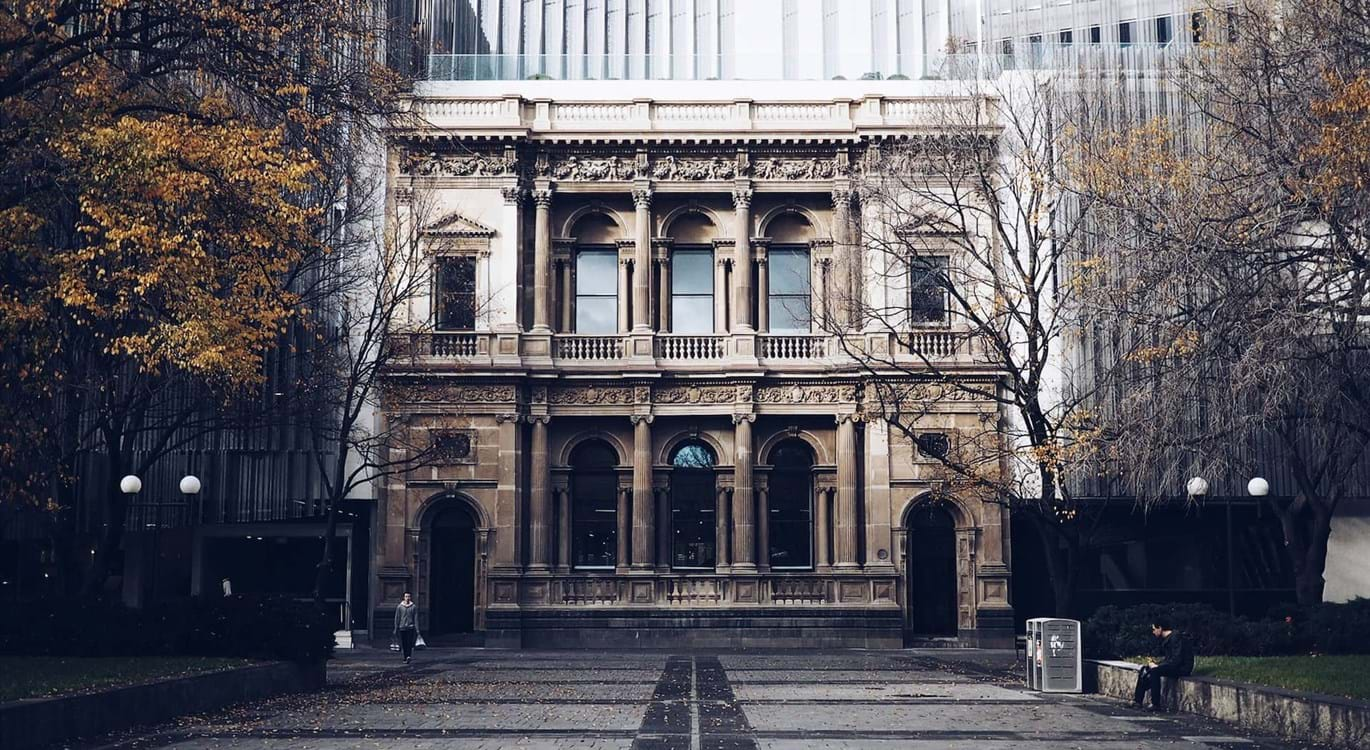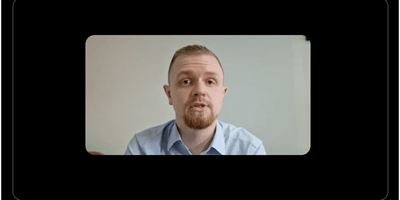I was knocking at the door to invite its occupants to church when the Latin motto caught my eye. When I searched online for the English translation, I discovered that it means “Except (unless) the Lord in vain”. This little phrase itself is an abbreviation of the words of Psalm 127:1 which says:
“Unless the Lord builds the house, those who build it labour in vain. Unless the Lord watches over the city, the watchman stays awake in vain” (ESV).
Since then, I’ve discovered that this phrase is the motto of some famous institutions, including the City of Edinburgh. Perhaps most surprisingly, it once featured as part of the club crest of Chelsea Football Club. Sadly, for many of these institutions and for most of the people I meet, reliance upon God is the furthest thing from their minds.
This little motto has become yet another throwaway phrase, only used when we feel like we need a little extra help. You know the kind of thing I mean: “thoughts and prayers” and “God bless” almost said unthinkingly. But what exactly was in the mind of the writer when he wrote these words in Psalm 127? Quite simply, it was this: “if my life is to count for something, then it will only be with God’s help”.
The writer of the psalm was predominantly thinking about this life, as were the famous institutions that we’ve spoken about already, but the principle of “nisi dominus frustra” has far wider implications. With its theme of dependence on God alone, it has implications for eternity. Implications for preparing to meet God.
That human beings will one day stand before God is the theme of the whole Bible. That we are not ready for that moment is either explicitly stated or at the very least implied in every book, whether in the Old or New Testaments. It is a serious condition for humanity. It is a serious position for you and me to find ourselves in. There is another theme which runs through the Bible, though, which counters the bad news that we are not ready for our moment of truth.
It is the good news that, despite my inadequacy, God has made a way. The way to be ready for eternity is not in my striving, not in my efforts, but in His. Around two thousand years ago, in the execution of a plan even older than time, God sent His Son (Jesus) into the world. That God would send His Son is remarkable, but that the Lord Jesus Christ would then die for my sin is almost unfathomable. I cannot understand it, but I am so thankful that I am relying upon it for eternity.
The declarations of the Bible are unequivocal. When the Lord Jesus had completed the awful task of bearing God's wrath against my sin on the cross, He declared it “Finished”, and when the Apostle John writes in his Gospel he wants us to remember that: “Whoever believes in [Jesus] is not condemned, but whoever does not believe is condemned already, because he has not believed in the name of the only Son of God” (John 3:18 ESV).
I’m not building a house, a city or a professional sports team; maybe you are not, either, but we are both building for eternity. It would be strongly advisable for us to remember, as we face that prospect: “nisi dominus frustra”.












